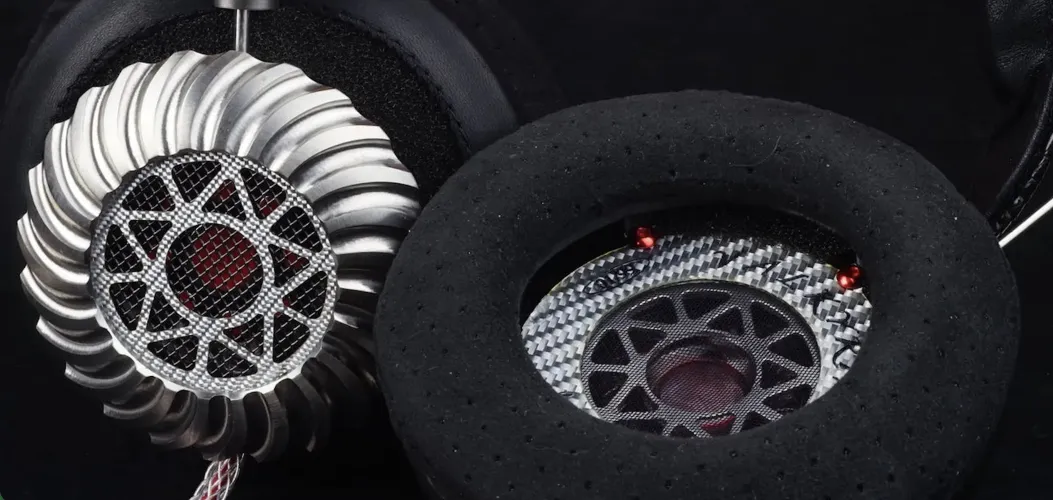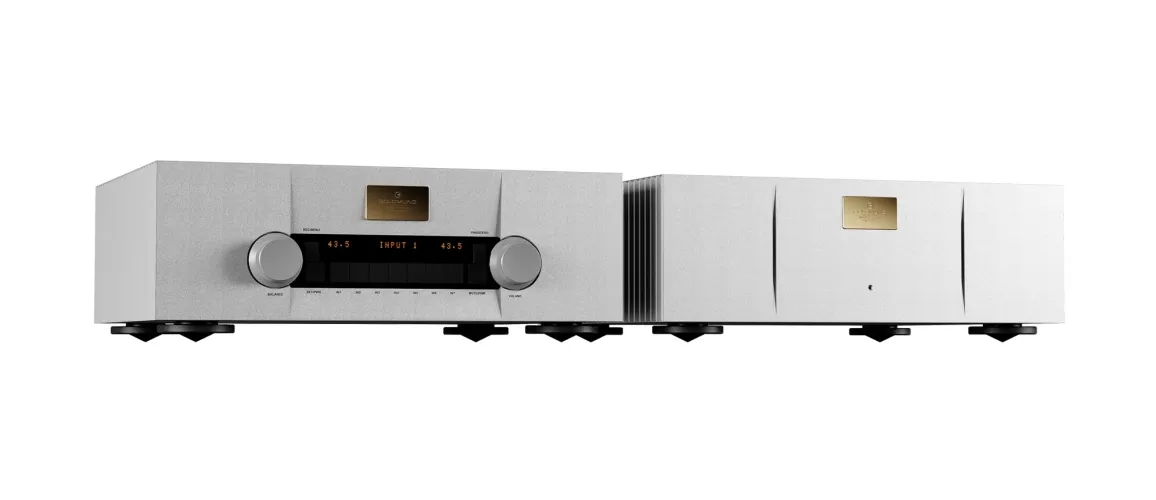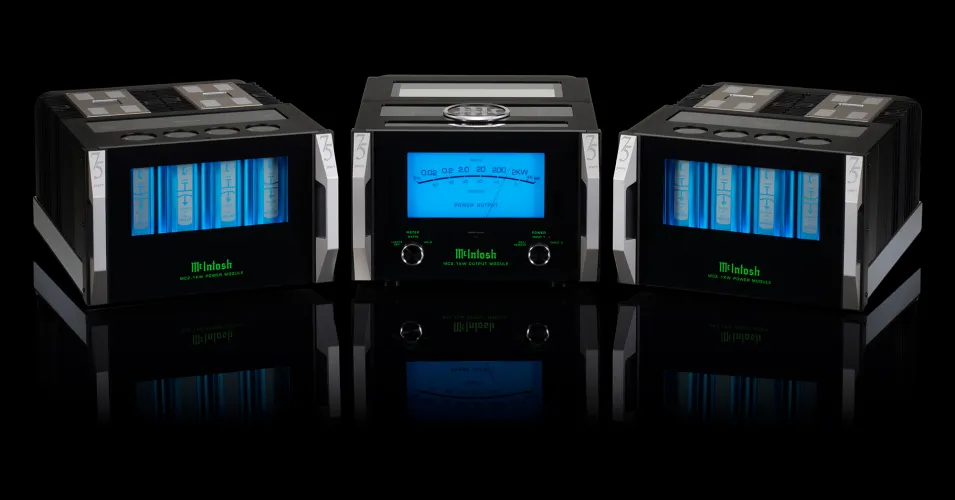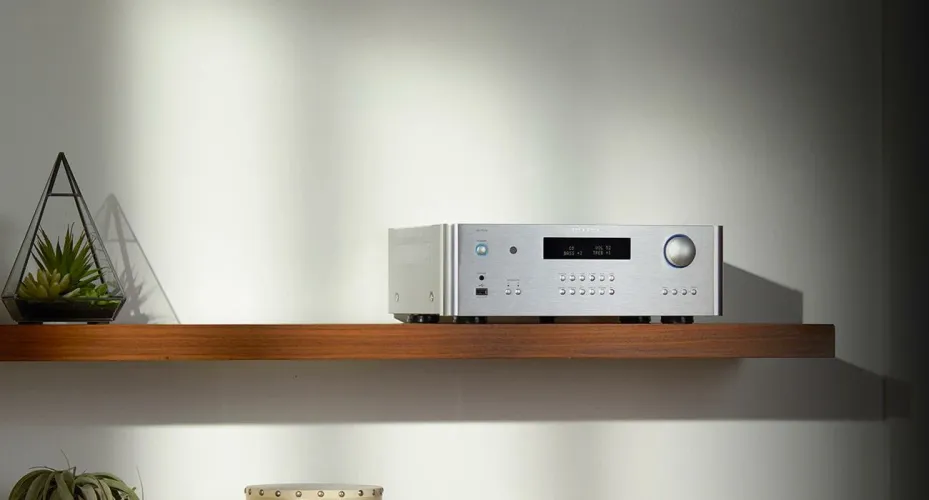
The Future of High-End Loudspeakers
A Visionary Look at the Next Generation of Audiophile Sound
14.03.2025 04:23 | ~6 minutes read
The loudspeakers market is the largest, one of the fastest growing and most competitive. In fact, when we say "audiophile sound", the first thing that comes to mind is loudspeakers. And only then - all the other electronics. So, it is no wonder that loudspeakers (or acoustics) are at the forefront of technological progress. And despite the fact that the physical principles of delivering music to our ears do not change, the desired performance characteristics (frequency response, low distortion, dynamics, overload capacity, etc.) have long been described on paper, the methods for achieving goals have changed radically.
Introduction: the evolution of loudspeakers
Beryllium tweeters, first introduced into speakers in the 70s of the XX century, are back in fashion - and have become much more technologically advanced. What can I say about beryllium, now diamond diaphragms are also in use - even on midrange drivers. That's not even mentioning carbon fiber cones, iron-free magnet systems, or zirconium baskets. What does the future hold? In this article, we'll look at modern acoustics design ideas, analyze new technology trends, talk about innovative loudspeakers designs, and more. We'll also consider how acoustics can evolve their designs in the next decade and beyond.
Tweeter technologies: from traditional domes to ion tweeters
The tweeter is not only responsible for high frequencies - it is responsible for the gloss of the sound. This is why the term “ultimate” in speaker specifications is often associated with the most technologically advanced equipment at high frequencies. The evolution went from compression drivers to soft domes, and then made a pivot towards super-rigid designs based on diamond or beryllium. Although similar designs appeared in the golden age of audio (the 1970s), it is modern technology that has made it possible to operate with the thinnest membranes that combine tolerance to distortion and instant response. AMT (Air Motion Transformer) emitters with the widest possible bandwidth are also in service: but the real exotics have become...
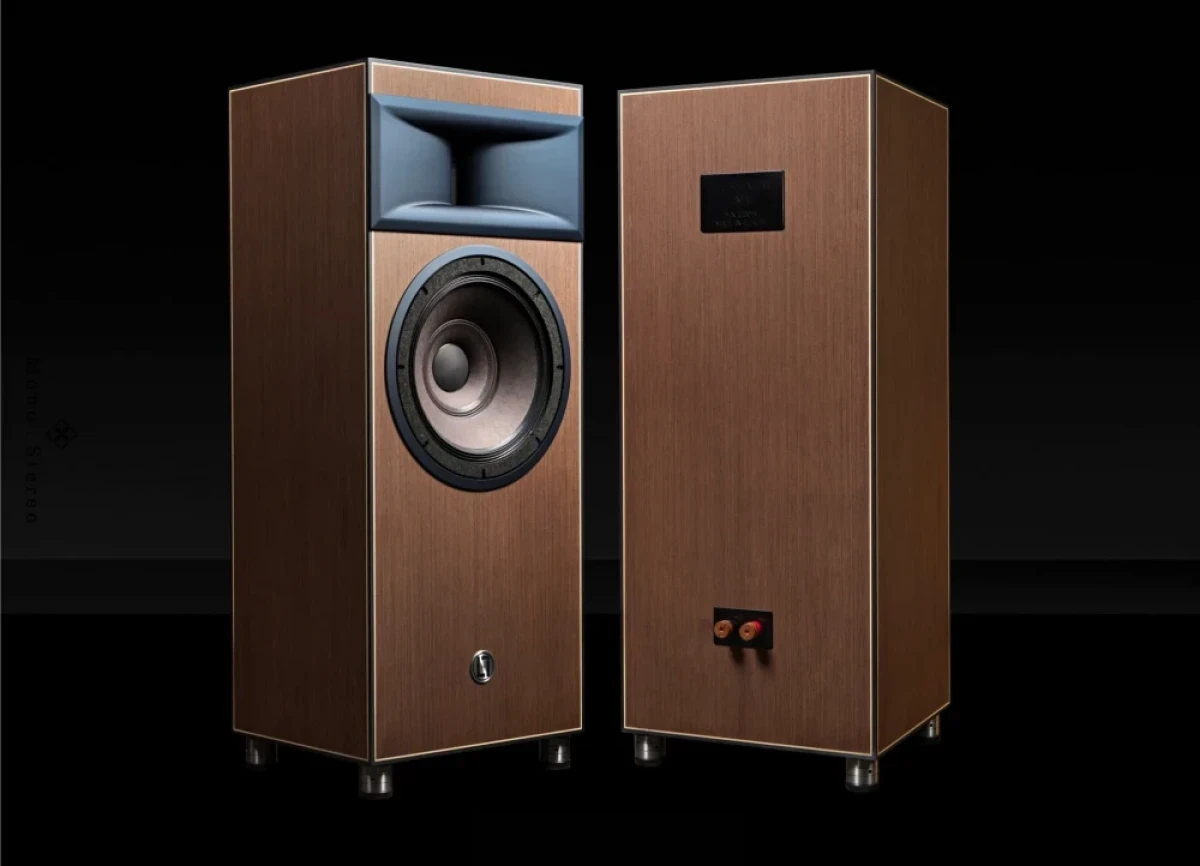
Specifications
This product is in the Hi-Fi and High End Electronics and Acoustics database
Floorstanding loudspeakers — LORENZO AUDIO LABS LM6
Model name
LM6
Frequency Response low +/- 3dB (Hz)
27
Frequency Response high +/- 3dB (Hz)
23000
Sensitivity (dB at 1 W/1m)
95
Impedance (Ohms)
8
Power amplifier requirements (W)
20 - 300
Has internal amplification
N/A
Internal amplification power (W)
N/A
Size (sm)
130 x 51.5 x 43
Weight (kg)
86
Official link
Going beyond traditional emitters: plasma and ion tweeters
Currently, a number of High End manufacturers, such as Gryphon Audio, use AMT tweeters in their loudspeaker models. The ultra-light diaphragm of such a system provides an excellent transient response - but this is still not an absolute ideal. Brands such as Magnepan and Analysis Audio use large-sized speakers with large-surface planar magnetic emitters. Unfortunately, such systems usually require a lot of space and consume a lot of current for amplification. Future achievements in the field of ultra-thin diaphragms and nanomaterials may help to overcome these limitations. The wider introduction of plasma and ion tweeters, which are already used in speakers from Acapella or Lansche Audio, is also limited - both by the price of such developments and by the "burner" activated during playback - which does not always fit in with an ordinary household room. Theoretically, the ideal transient response and the extension of high frequencies to 50-100 kHz in this case do not always justify the means, which is why ...

Specifications
This product is in the Hi-Fi and High End Electronics and Acoustics database
Floorstanding loudspeakers — Acapella SPHÄRON EXCALIBUR
Model name
SPHÄRON EXCALIBUR
Frequency Response low +/- 3dB (Hz)
15
Frequency Response high +/- 3dB (Hz)
40 000
Sensitivity (dB at 1 W/1m)
N/A
Impedance (Ohms)
6 - 8
Power amplifier requirements (W)
N/A
Has internal amplification
N/A
Internal amplification power (W)
N/A
Size (sm)
240.0 x 166.0 x 166.0
Weight (kg)
620
Official link
A combination of super-rigid materials gives the best effect!
For example, Magico currently uses high-frequency 28 mm tweeters utilizes a beryllium diaphragm with optimized geometry. But - the diaphragm is then diamond coated using a chemical vapor-deposition process to push the beryllium substrate ever closer to the theoretical ideal. The result is fascinating and approaches the theoretically ideal emitter - with an extended band of up to 50 kHz. By 2035, we can see many companies experimenting with such diaphragms.
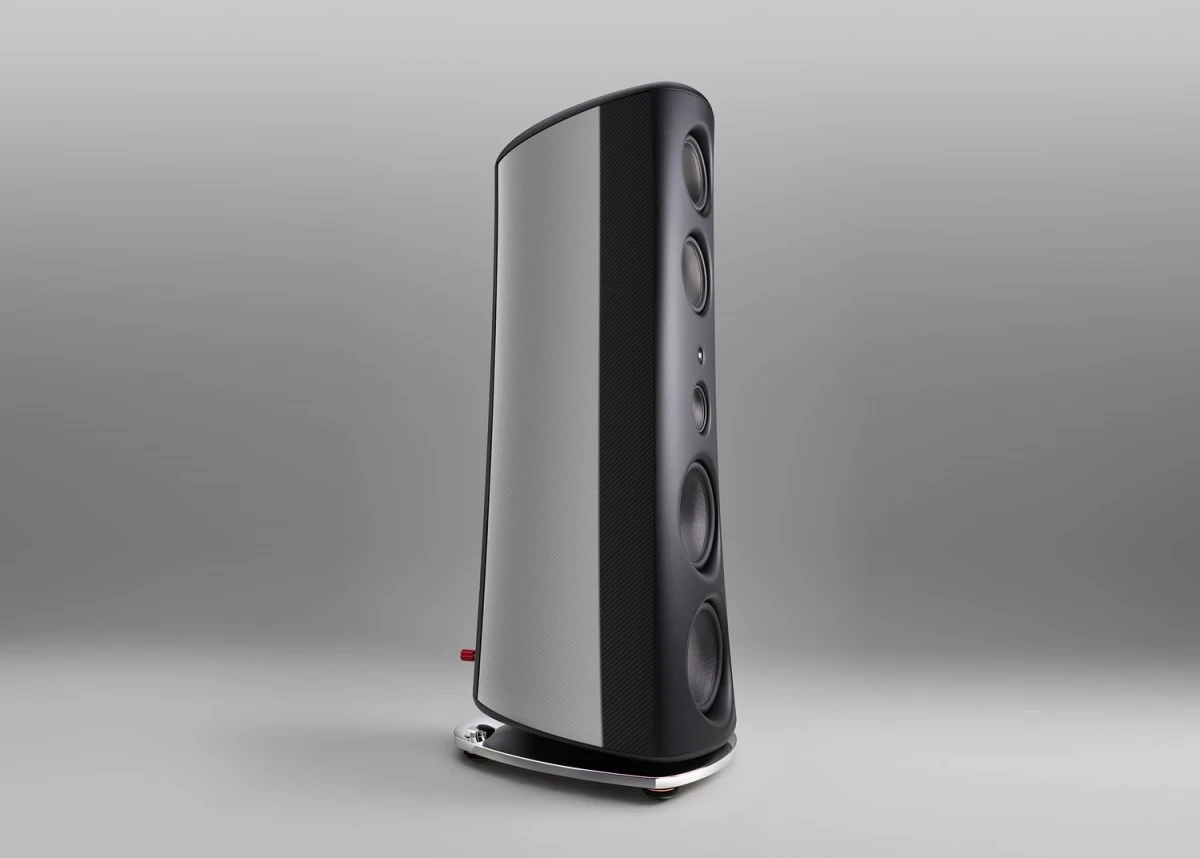
Specifications
This product is in the Hi-Fi and High End Electronics and Acoustics database
Floorstanding loudspeakers — Magico M7
Model name
M7
Frequency Response low +/- 3dB (Hz)
18
Frequency Response high +/- 3dB (Hz)
50000
Sensitivity (dB at 1 W/1m)
92
Impedance (Ohms)
4
Power amplifier requirements (W)
50 - 2000
Has internal amplification
N/A
Internal amplification power (W)
N/A
Size (sm)
163 × 73 × 49
Weight (kg)
239
Official link
Midrange drivers and woofers: carbon and diamond on the march
The midrange driver transmits the maximum musical information - the size of its diffuser is noticeably larger than the tweeter. And if previously the innovative circuits used in tweeters could not be used in midrange speakers, modern technologies have ensured the proper continuity. Over the last few decades, we have seen advances in driver materials – from polypropylene to Kevlar, and now to ceramics, carbon fiber, and finally, super-expensive large diamond diaphragms (Tidal top-level loudspeakers or Kharma). Over the next decade (as prediction), more and more companies will start using graphene and diamond drivers for midrange frequencies. The main limitation today is cost, but with advances in synthetic diamond production, we may see much faster price progress.

Specifications
This product is in the Hi-Fi and High End Electronics and Acoustics database
Floorstanding loudspeakers — TIDAL La Assoluta
Model name
La Assoluta
Frequency Response low +/- 3dB (Hz)
N/A
Frequency Response high +/- 3dB (Hz)
N/A
Sensitivity (dB at 1 W/1m)
N/A
Impedance (Ohms)
N/A
Power amplifier requirements (W)
N/A
Has internal amplification
N/A
Internal amplification power (W)
N/A
Size (sm)
N/A
Weight (kg)
N/A
Official link
Magnetic systems – iron-free rule
While AlNico was the ultimate in driver magnetic systems in the past, Børresen has gone much further – using drivers with iron-free magnetic systems in all of its speaker systems. Their inductance is about ten times lower than that of conventional drivers. In the company’s top-end loudspeakers, the inductance has been further reduced to an unprecedented level – about twelve times lower than that of conventional iron-based drivers. These drivers guarantee a fantastically fast response – and we will certainly see variations on this theme in the future.

Specifications
This product is in the Hi-Fi and High End Electronics and Acoustics database
Floorstanding loudspeakers — Børresen Acoustics C3
Model name
C3
Frequency Response low +/- 3dB (Hz)
25
Frequency Response high +/- 3dB (Hz)
50000
Sensitivity (dB at 1 W/1m)
88
Impedance (Ohms)
6
Power amplifier requirements (W)
>50
Has internal amplification
N/A
Internal amplification power (W)
N/A
Size (sm)
141.5 x 38 x 56
Weight (kg)
68
Official link
Driver baskets – zirconium is in use
The midrange drivers and woofers of the Børresen loudspeakers use zirconium baskets, made on a 3D printer with an optimized topology that ensures maximum rigidity and, therefore, minimal vibration. The basket is not just a frame for attaching the cone. The energy generated by the cone is also stored in the structure located behind it. Therefore, the goal was to eliminate basket noise by ensuring its maximum rigidity – which was achieved using an ultra-rigid material that is commonly used in dental implants. Research was carried out using computer-optimized finite element methods, resulting in a speaker basket with an optimized topology, printed on a 3D printer – the cavities of which are also filled with zirconium powder, which gives it additional shock-absorbing properties. We will see many such developments in the future.
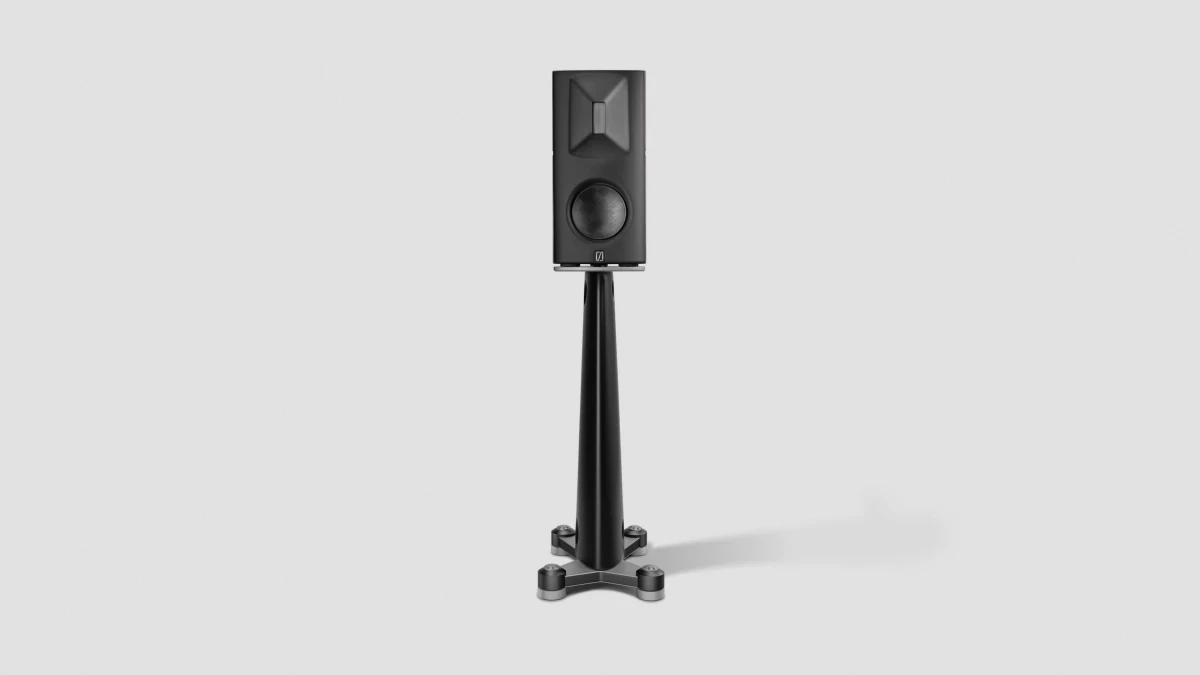
Specifications
This product is in the Hi-Fi and High End Electronics and Acoustics database
Bookshelf Speakers — Børresen Acoustics Børresen T1
Model name
Børresen T1
Frequency Response low +/- 3dB (Hz)
40
Frequency Response high +/- 3dB (Hz)
50 000
Sensitivity (dB at 1 W/1m)
85
Impedance (Ohms)
6
Power amplifier requirements (W)
N/A
Has internal amplification
N/A
Internal amplification power (W)
N/A
Size (sm)
45,4 x 20 x 47,5
Weight (kg)
N/A
Official link
Cabinet construction: from MDF to aluminum and carbon fiber
Speaker enclosures are responsible for the neutrality of the sound - the absence of resonances and coloration. Today, companies like Magico or YG Acoustics use aluminum enclosures, which provide excellent characteristics. Carbon enclosures are also in use - but the technology will really blossom with the further development of 3D printing technology. This can allow the creation of monolithic structures from carbon composites with internal cast struts, which will take resonance suppression to a new level.
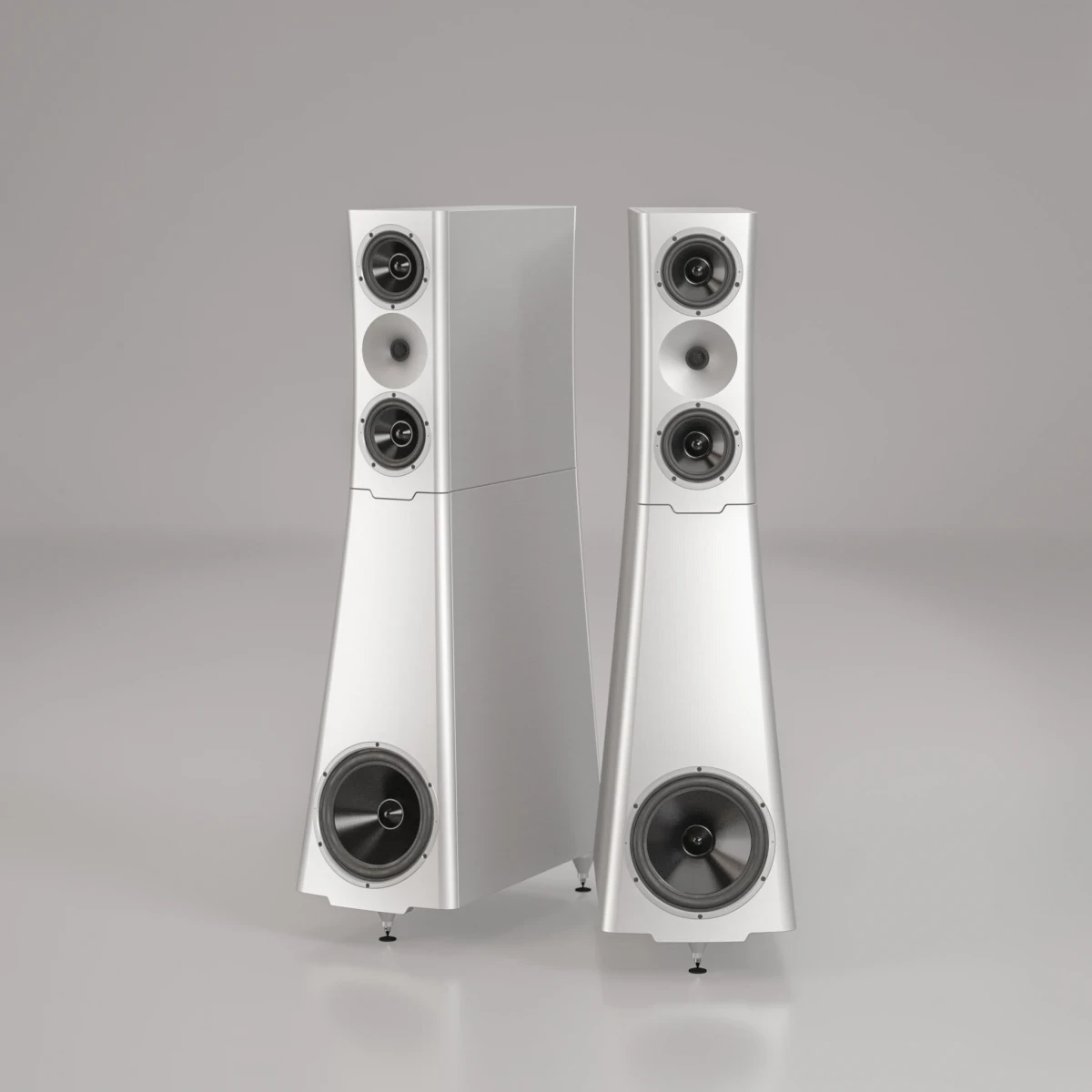
Specifications
This product is in the Hi-Fi and High End Electronics and Acoustics database
Floorstanding loudspeakers — YG Acoustics SONJA 3.2
Model name
SONJA 3.2
Frequency Response low +/- 3dB (Hz)
20
Frequency Response high +/- 3dB (Hz)
40000
Sensitivity (dB at 1 W/1m)
88
Impedance (Ohms)
4
Power amplifier requirements (W)
N/A
Has internal amplification
N/A
Internal amplification power (W)
N/A
Size (sm)
129 × 33x 63
Weight (kg)
145
Official link
Active vs. passive loudspeakers – and the winner is…
As a rule, High-End acoustics use a passive circuit - which allows for maximum flexibility in choosing amplification. However, recently we have seen breakthroughs in the field of High-End active loudspeakers - for example, the sensational Dutch & Dutch use a fully active circuit with a digital crossover and DSP. YG Acoustics and other brands are also starting to release lines of fully active loudspeakers - in the future, we expect a flurry of such models, since new technologies allow for much better work with digital crossovers and DSP. And the matching of the speaker-amplifier system in such designs is better than in passive scheme.
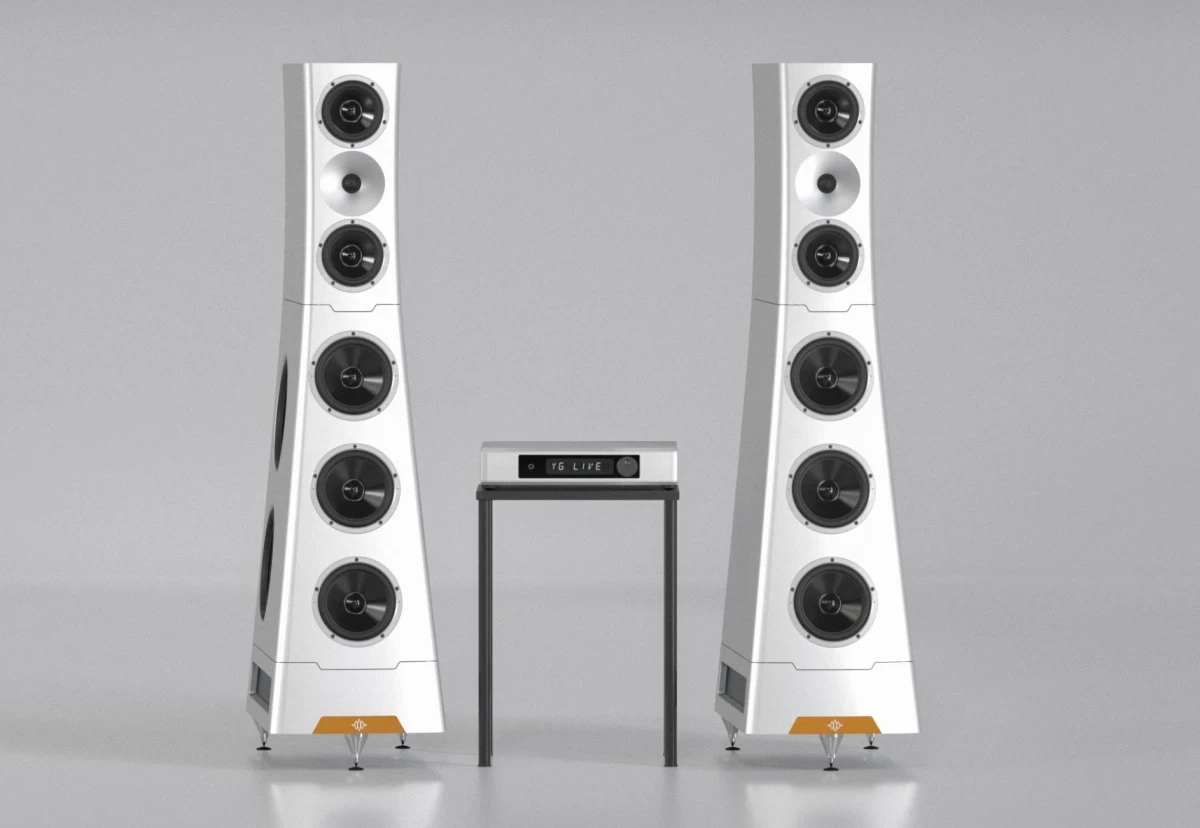
Specifications
This product is in the Hi-Fi and High End Electronics and Acoustics database
Floorstanding loudspeakers — YG Acoustics XX 3 Live
Model name
XX 3 Live
Frequency Response low +/- 3dB (Hz)
18
Frequency Response high +/- 3dB (Hz)
40000
Sensitivity (dB at 1 W/1m)
N/A
Impedance (Ohms)
N/A
Power amplifier requirements (W)
N/A
Has internal amplification
Yes
Internal amplification power (W)
2 x 5600
Size (sm)
148 × 35 × 64 + 9.4 × 40 × 31.6
Weight (kg)
17- + 8.7
Official link
AI-based DSP: the next step in sound optimization
Let's continue the thesis described above - Trinnov and Dirac have already achieved significant success in room correction algorithms, but next we expect not even room correction, but real-time sound adjustment using AI. Continuous analysis of both the recording and the audiophile's preferences, together with constant room assessment, is the key to the perfect integration of the speakers into home use. And the possibilities of such an approach are hard to overestimate.
Conclusions
The philosophy of High End does not change - we want magical realism in the reproduction of sound at home, live emotions. Diamond diffusers, carbon fiber cabinets or zirconium driver baskets are just innovations that will make music more accurate. But the development of modern technologies is truly fascinating.


